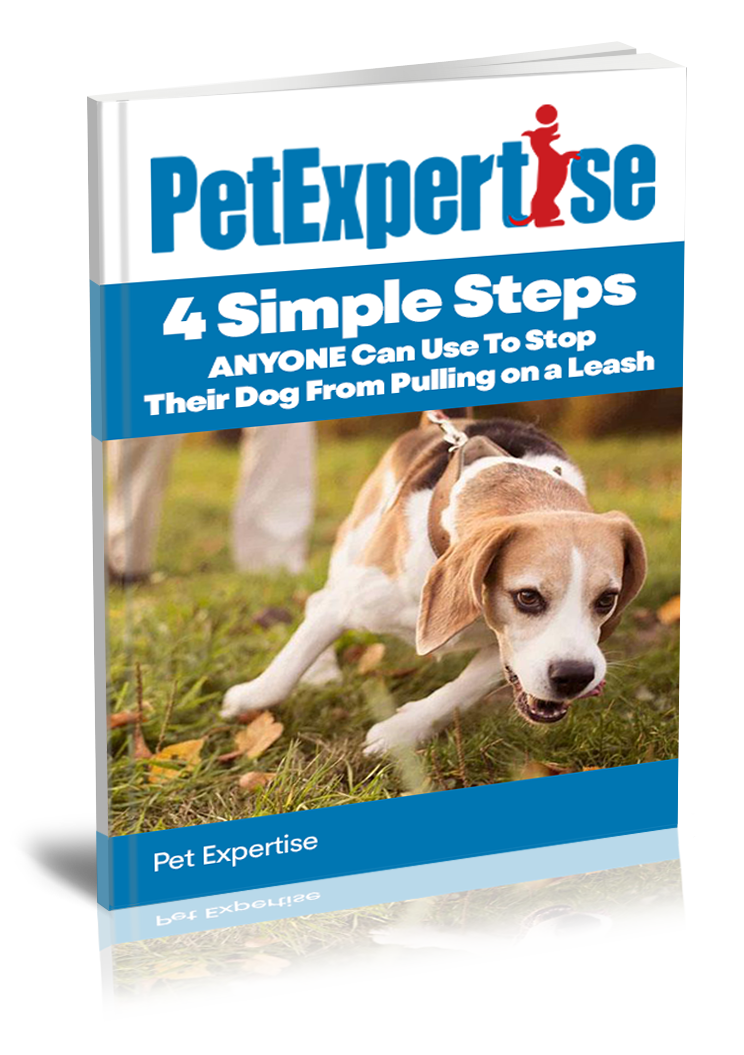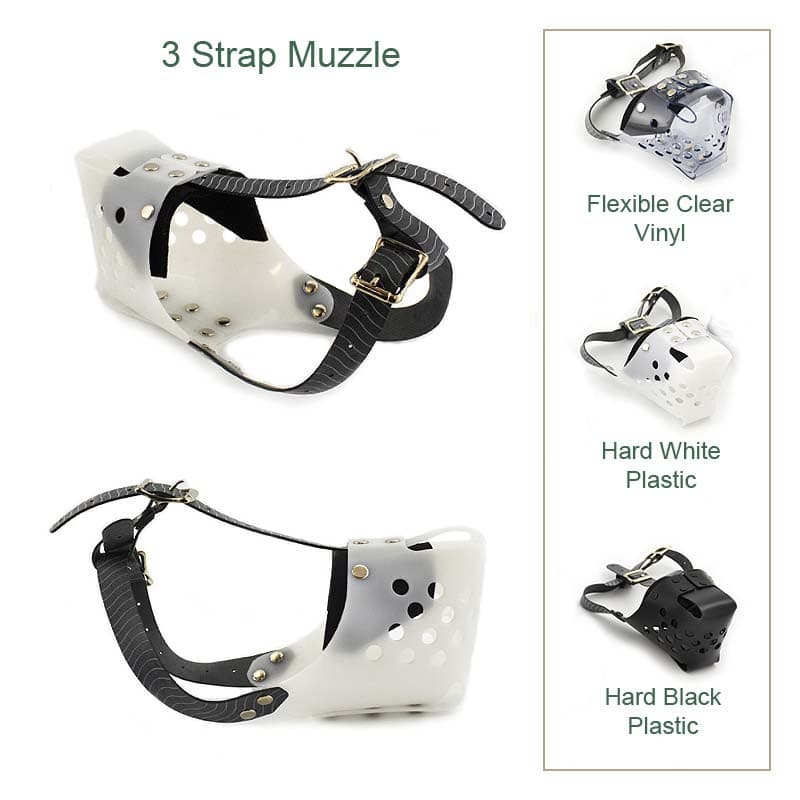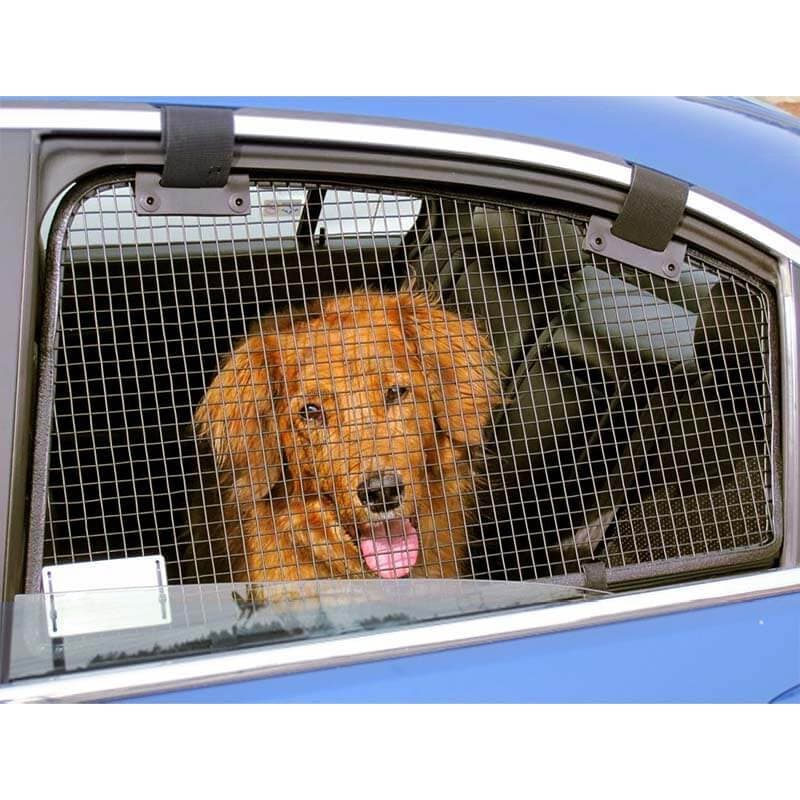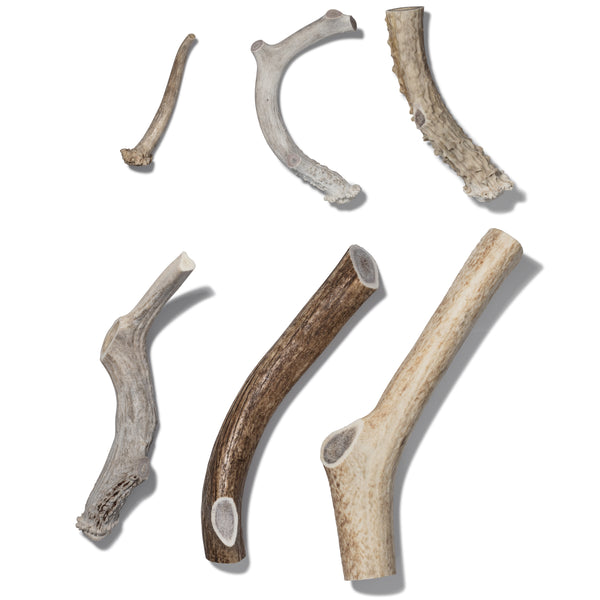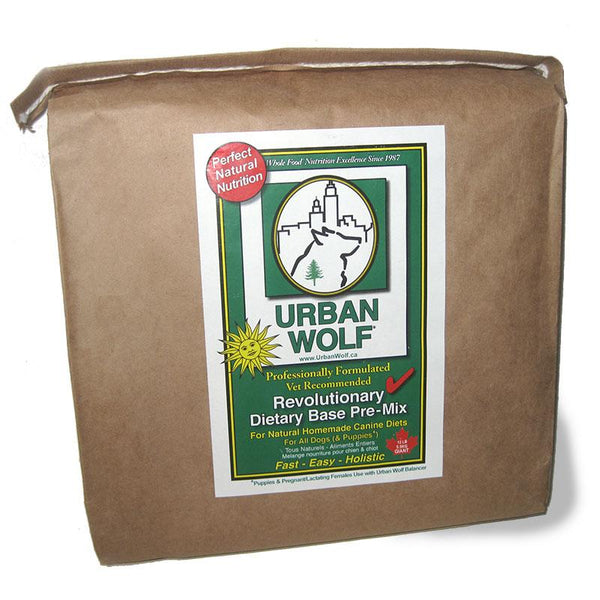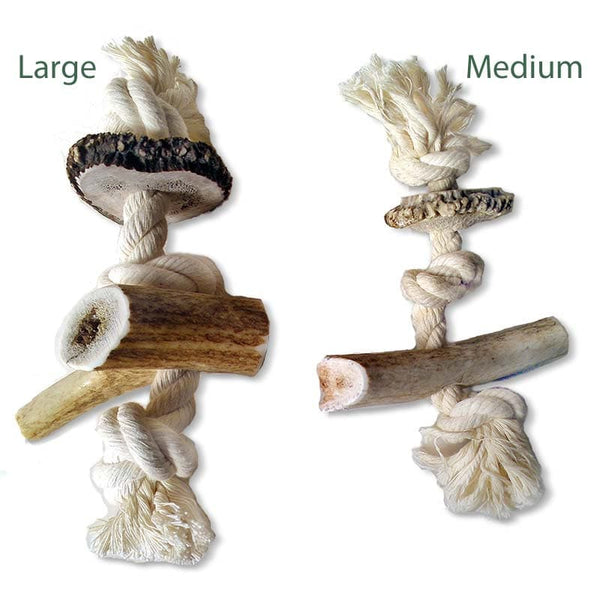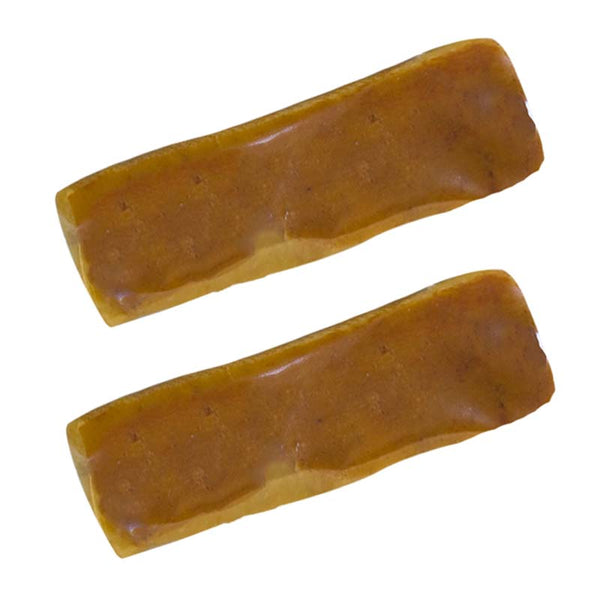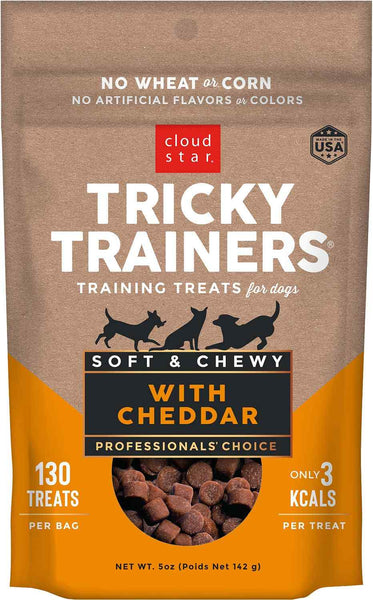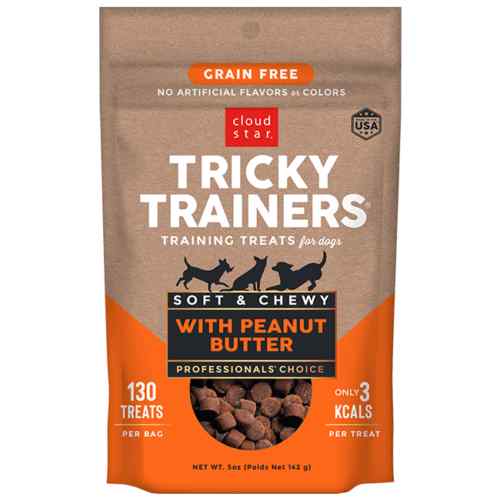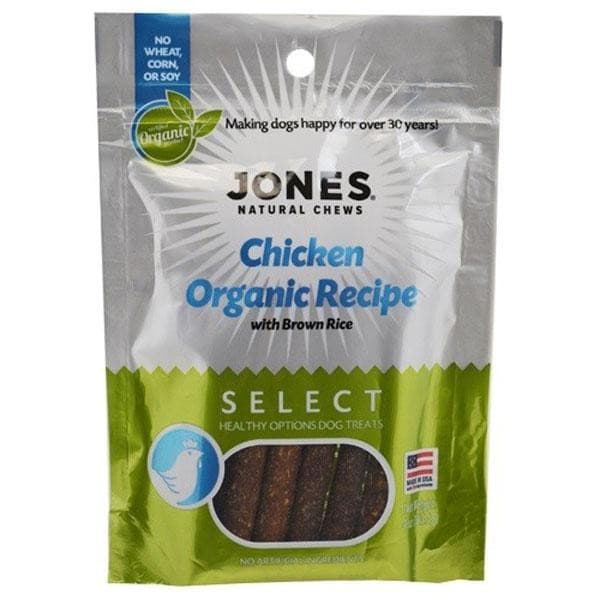Feeding Your Dog The Ideal Dog Food
By Jess Rollins
Copyright Info
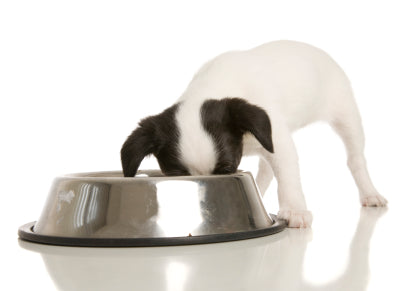
The Disclaimer: I am not a veterinarian nor a veterinary nutritionist, but like everyone else obsessed with dogs, I have opinions about how best to feed our wonderful pets. I hope these ideas are helpful to you.
The Basic Rules: I base my thinking on feeding dogs mainly by these simple rules I learned from a holistic veterinarian about 10 years ago:
- Fresh, high quality, unprocessed food is better for dogs.
- Evolutionarily appropriate food is better for dogs.
What is Evolutionarily Appropriate? An evolutionarily appropriate diet is one that it resembles what the dog in it's natural environment would eat (of course, dogs are domesticated so we have to approximate to what wild canids would eat). An evolutionarily appropriate diet for dogs would mainly consist of raw meat and animal parts with some stomach contents which would consist of partially digested greens, an occasional berry or two, maybe some eggs and yes maybe even some animal waste (but don't worry we don't have to put that in our dog's bowls!). What an evolutionary diet would not have is grains although most of our domestic dogs can eat them with no apparent problems.
The Ideal Dog Food: An ingredient list of my ideal dog food would look something like this: Fresh or frozen organic or free-range fresh meat including ground bone, connective tissue and organs, eggs, ground fresh greens, berries, and maybe some probiotics and vitamins.
Organic ingredients are best when you can find them and personally I really try hard not to feed any meat products that are not at least free-range because I think it is important to make sure as much as we can that the animals we feed to our beloved animal friends are treated as well as possible.
Where to Get this Ideal Dog Food: If you wish to make your dog's food yourself you can certainly do that with some careful research but there are some good pre-made fresh dog foods available in holistic pet stores freezer sections or online (Alas, Pet Expertise does not sell frozen foods).
Raw Concerns: I should also address the raw vs. cooked debate for dog food. Raw dog food diet proponents argue that raw is more natural for our carnivore friends and is healthier. Others worry that your dog or your family could get sick from e-coli or salmonella in the raw meat. Most information I have been able to find has said that cooking doesn't change the composition of the meat that much (However, it does make bones brittle and not safe for dogs to eat). If you worried about bacterial contamination in raw dog food it makes sense to go for a cooked diet or look for a raw diet that is treated to kill any nasty bacteria.
The Less-Than-Ideal-But-Still-Good-Dog-Foods: If you cannot feed a fresh or frozen diet either, the next best thing according to me is a dehydrated grain-free dog food. Next on the list is a dog food mixer such as Urban Wolf to which you add your own fresh meat. Further on down the line comes canned food and finally dry food.
About Dry Dog Foods: Dry dog food (kibble) is a convenient and economical way to feed your dog and so many of us dog owners do just that. You can optimize your dog's dry food by purchasing one with great ingredients such as the dry dog foods we offer. Look for meat as the first ingredient and stay away from corn and wheat and preservatives. Whole Dog Journal has a very nice dog food yearly review.
Making Dry Dog Foods Better: You can also add healthy fresh foods to your dog's dry food (while being careful not to overload!). You can add some yogurt, cottage cheese, egg, fresh meat, organ meat, cooked veggies, probiotics, etc. This will really help to keep your dog's digestive system flexible so he or she doesn't get an upset stomach over the slightest change in food as well as provide nutrients and added tastiness.
Change is Good: Whatever dog food you choose, it's important to change it periodically even if it is working well for your dog. This will help to keep your dog's digestive system able to handle different foods, possibly prevent food allergies and also help to make sure that you cover your nutritional bases. Since no one knows 100% what a dog needs, each food company has a different philosophy and they are probably are not all correct AND all dogs are different! Rotating foods helps to hedge your dog's bets on making he or she gets optimum nutrition.
Happy Training!
- Jess

